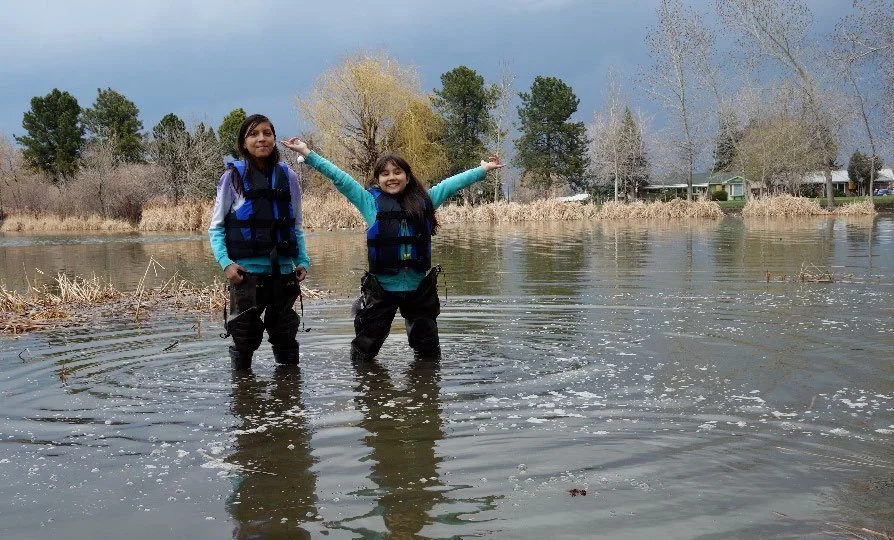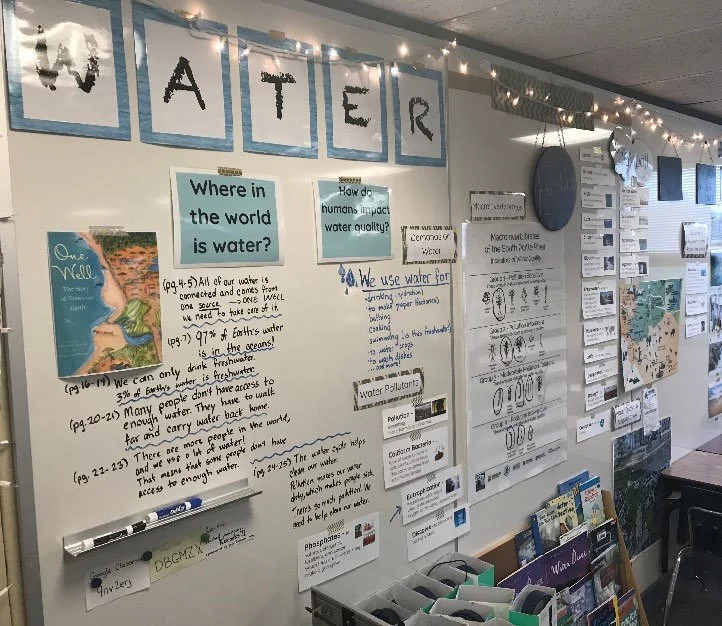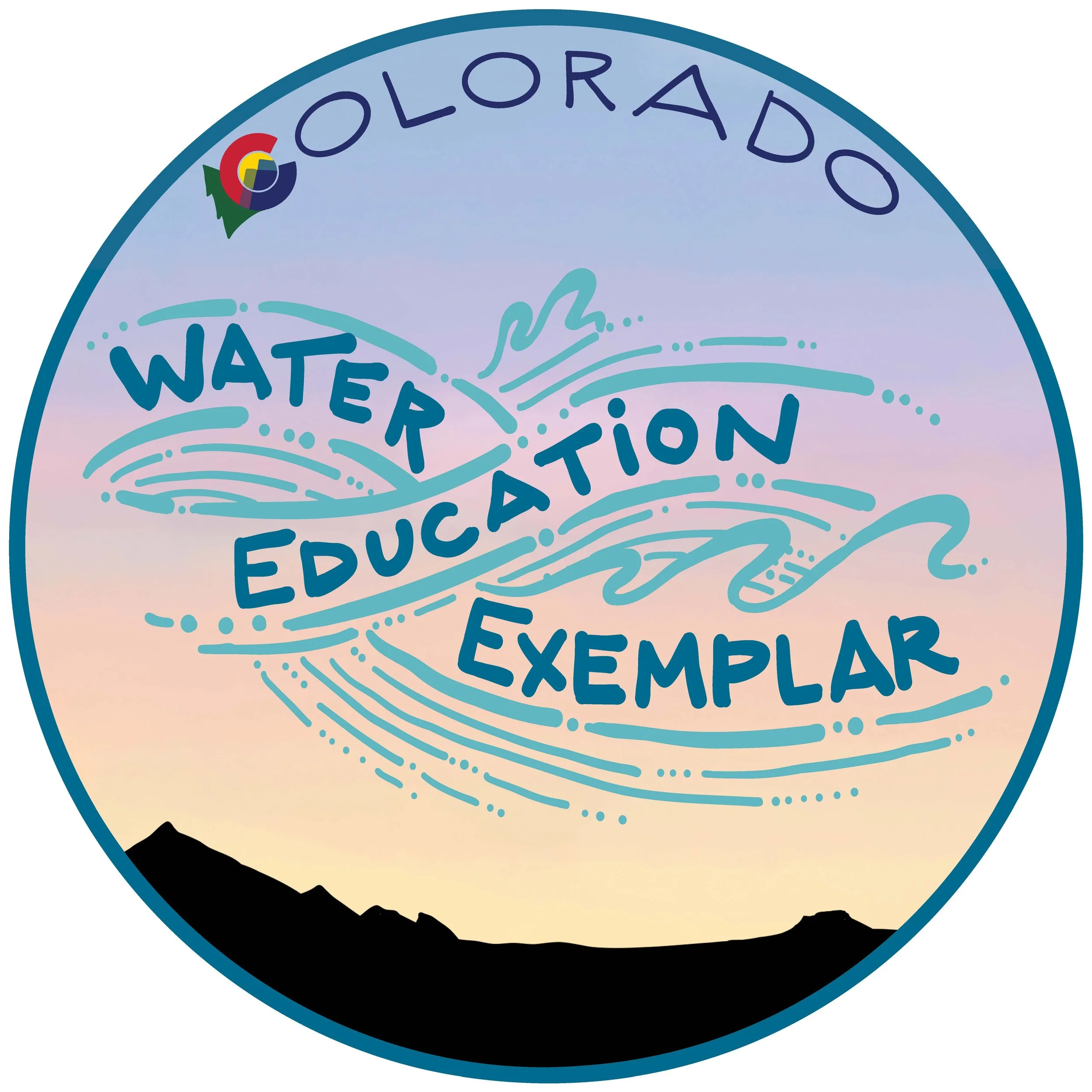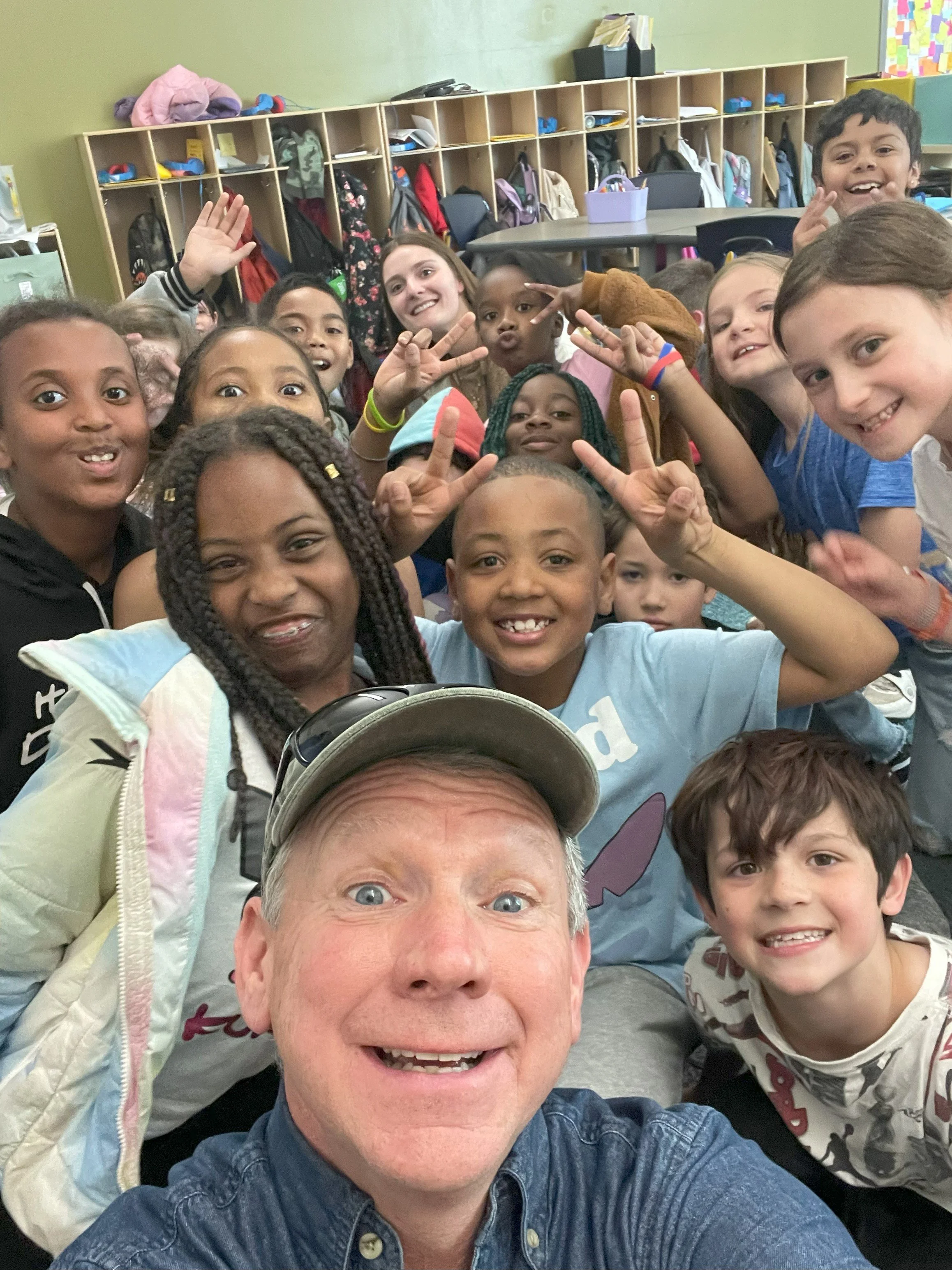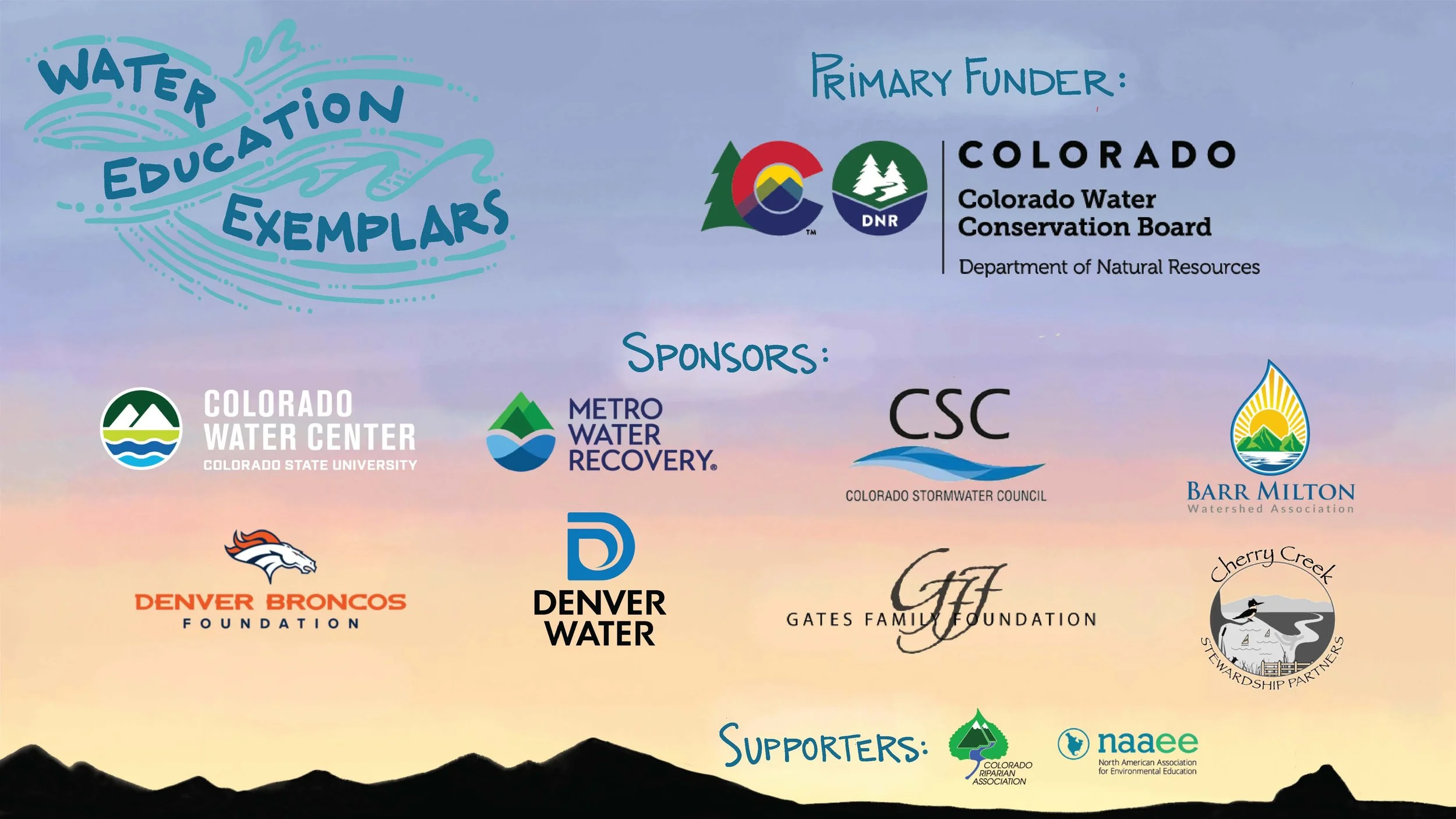A child born today will be an adult by 2050, when the Colorado Water Plan is to be fully implemented.
“How old will you be in 2050?”
Since release of the Colorado Water Plan, we have been using this guiding question when teaching – with positive, eye-opening responses. This line of thinking also prodded water educators to contemplate how our work can better support the Colorado Water Plan.
In response, the Water Education Exemplars Project was created.
This new external evaluation system serves K-16 students and teachers, distinguishing the best educational resources for learning and teaching about Colorado’s water. The Water Education Exemplars Project applies research-based tools, called the Guidelines for Excellence in Environmental Education, in use since 1996. More than inventorying, exemplars address “key characteristics” of vetted and relevant content, instructional soundness, and engaging lesson delivery. Existing national rubrics capture empirical evidence; a state-specific supplemental factor we call the educational resource’s “Colorado-ness” details how a resource supports the Colorado Water Plan. Each review results in a data-based summary of a resource’s support of academics and water conservation.
For the first time, we have quality control for Colorado water education.
Much of the Water Education Exemplars work is being conducted by young people. A cadre of water-career-interested 16-24-year-olds have been recruited and trained. They are ground-truthing and guiding reviews. These young people are compensated, a best practice in youth development.
Similar evaluation services, if outsourced, would cost around $15,000 per program. Such a cost is beyond the budgets of nearly all providers of Colorado water education.
Colorado’s Water Plan states, “Education is the key.... Public education around water must be increased.” This project, within the Innovation and Engagement category of Partner Actions, uses the first of the Plan’s Tools for Action: Public Outreach and Education, creating a new support tool for curriculum decision-makers. Our work directly informs Agency Action 4.1 – “Creation of a capacity-building hub to provide accessible educational opportunities.” Agency Actions 4.2, 4.3, 4.6, and 5.7 are also assisted.
Basin roundtable education and outreach objectives are supported a swell, such as South Platte and Metro’s Goal 11 – “To broaden communications, outreach, and education programs.” Likewise, this work answers explicit calls to work with K-12 audiences in the Gunnison, Rio Grande, Southwest, and Yampa-White-Green basin implementation plans. PEPO (Public Education, Participation, and Outreach) coordinators’ and committees’ input is crucial, as are partnerships with the Colorado Water Center, Colorado Alliance for Environmental Education, and Water Education Colorado.
Project outputs and outcomes (2026-2030):
• Years 1-4 – 100 reviews, 35 youth reviewers
• Year 5 – Amplification, expansion, replication, improvement of exemplars
• Budgets of $125,000 per year
Delivered in Year Zero (2025):
• 15 Water Education Exemplars
• 9 Youth and Water Participants
• 5-year Project Plan
2025 Water Education Exemplars
Caring for Our Watersheds (Poudre Learning Center)
Colorado Water Fellows Program (Colorado Water Center, Colorado State University)
Denver Metro Water Quality Assessment Tool (South Platte River Urban Waters Partnership)
Excursions (South Platte River Environmental Education [SPREE], The Greenway Foundation)
H2O Outdoors (Aurora Water – Denver Water – Keystone Science School)
HEART Force (Hazard Education, Awareness, and Resilience Task Force) (Cooperative Institute for Research in Environmental Sciences, University of Colorado, Boulder)
Hydro Exhibits (Colorado State University Spur Campus, Hydro Building)
RISE Challenge Colorado (Resilience, Innovation, Sustainability, Environment) (Earth Force)
South Platte River Advisory Youth Council (Confluence Colorado)
Trout in the Classroom (Colorado Trout Unlimited)
Water Around the World Module (EL Education [as localized by Joe Shoemaker School, Centennial: A School for Expeditionary Learning, Tollgate Elementary School of Expeditionary Learning, Odyssey School of Denver, and City & County of Denver’s Stormwater Education & Outreach Program])
Water Education Resource Guide (Denver Water Youth Education Program) (has badge on their landing page)
Water Quality Management Program (Arvada West High School)
Where Water Flows Uphill (Library and Innovation Center, High Plains Library District [Immersive art installation by Wes Bruce])
2025 youth Water Education Exemplar reviewers
• Isabel Thornton, Colorado State University
• Elsa Vossler, Denver School of the Arts/University of Portland
• Tianna Kell, The Greenway Foundation
• Nadia Brooks, Environmental Learning for Kids/University of Denver
• Alexia Lor, Metropolitan State University of Denver
• Saria Mowrer, Poudre Learning Center/City of Greeley
• Maya Hanner, Arvada West High School/Colorado State University
• Kaiden Angel, Arvada West High School
• Emily Buchanan, Colorado State University
Water Education Exemplars Project in the news…
How to Get Involved
Do you have a program you would like to have reviewed? Are you interested in sponsoring this project? Please contact Donny Roush.
Donny Roush (Certified Master Environmental Educator), Colorado Watershed Assembly • donny@coloradowater.org • 303-870-4690 •
Donny Roush was a member of the Statewide Water Education Action Plan (2021) task force, has been a member of the Guidelines for Excellence in Environmental Education Trainers’ Bureau since 2006, and was on the national writing team for the latest revision of Environmental Education Program Guidelines (2022). He is the only Coloradan to do all three.


